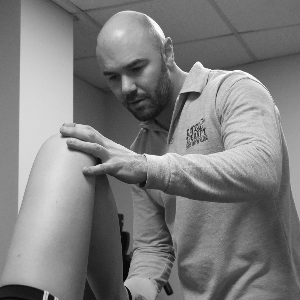Some of Our Professionals In the UK
Jen Bowden | The Beachside Clinic
Physiotherapist





Overall Score: 0.0

Torpoint

11 years experience
Sandra Hope | Essential Thyme
Holistic Therapist | Massage Therapist





Overall Score: 0.0

Newcastle upon Tyne

12 years experience
Scott Poundall | Excel Therapy
Osteopath





Overall Score: 0.0

Nottingham






